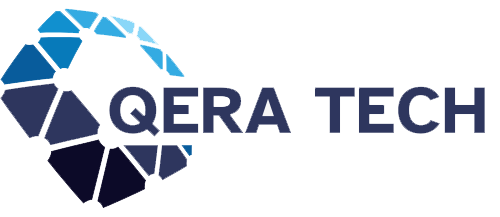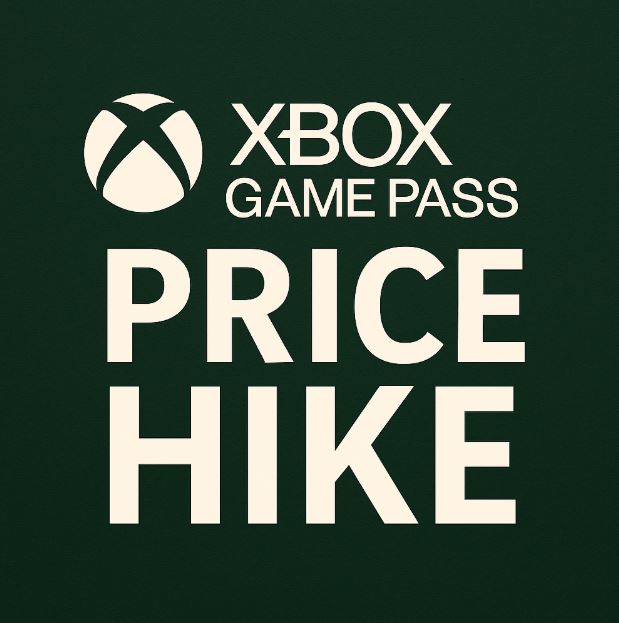A Big Jump in Subscription Costs
Microsoft just dropped a bombshell on its gaming community: the price of Xbox Game Pass is going up and not by a little. The most expensive tier, Game Pass Ultimate, is climbing from $19.99 to a hefty $29.99 per month in the United States (and from £14.99 to £22.99 in the UK). That’s a 50% increase overnight for one of gaming’s most popular subscription services.
It’s the kind of change that makes you stop mid-game and check your bank account. For years, Xbox Game Pass has been marketed as the “best value in gaming,” offering hundreds of titles for less than the cost of buying a single big release each month. Now, that equation feels a lot more complicated.
The New Pricing Breakdown
Here’s how the tiers shake out after the changes:
-
Xbox Game Pass Ultimate: $29.99/£22.99 (previously $19.99/£14.99)
-
Xbox Game Pass Premium (formerly Standard): $14.99/£10.99 (up from $11.99/£9.99)
-
Xbox Game Pass Essential (formerly Core): $9.99/£6.99
-
PC Game Pass: $16.49/£13.49 (up from $11.99/£9.99)
Microsoft is pitching the hike as part of its effort to offer “more flexibility, choice, and value.” But for players who’ve grown used to the relatively affordable monthly costs, the math feels very different now.
What’s Included in the Price Hike?
To soften the blow, Microsoft is pointing to new perks. The Ultimate library now comes with:
-
Fortnite Crew subscription (valued at $11.99/month)
-
Ubisoft+ Classics (valued at $7.99/month)
-
Enhanced Xbox Cloud Gaming with improved streaming quality
-
Access to 75+ day-one releases per year, including blockbuster titles like Call of Duty: Black Ops 7
On paper, it sounds impressive. Microsoft wants players to see that the extra cost comes with extra content. And for gamers who already pay for things like Fortnite Crew, bundling them into Game Pass Ultimate could actually save money.
But here’s the catch: not everyone wants those extras. If you don’t care about Fortnite or Ubisoft’s catalog, then you’re essentially paying more for benefits you may never use.
Player Reactions: Frustration and Subscription Jitters
The online response was immediate — and heated. Players rushed to check their subscriptions, with some even reporting technical issues loading the website or app as they tried to cancel or adjust their plans.
This isn’t just about a few extra dollars. For many, it’s about trust. Game Pass built its reputation on affordability. By nearly doubling the cost of Ultimate in just a few years, Microsoft risks alienating the very community that made the service successful.
A Pattern of Rising Costs
If this feels like déjà vu, that’s because it is. Just last week, Microsoft confirmed that prices for its Xbox Series X|S consoles in the U.S. would also rise, with hardware costs increasing between $20 and $70.
It’s becoming clear: Xbox is positioning itself as a premium ecosystem. And while “premium” often means better experiences, it also means higher costs. The timing is no accident either. With inflation hitting wallets and subscription fatigue setting in, every extra dollar feels heavier.
Why Microsoft Says It’s Worth It
In an official statement, Microsoft framed the price changes as a reflection of Game Pass’s growth:
“Since launching in 2017, we’ve steadily grown our subscriber and creator satisfaction. Creator participation and player engagement in Game Pass are at an all-time high. But we have the opportunity for Game Pass to help more players find the creators and games they love.”
That language tells you a lot. Game Pass isn’t just about giving players access — it’s also about creating a sustainable revenue stream for developers. With blockbuster releases costing more than ever to make, subscription services have to find a balance between player value and developer paychecks.
The Bigger Gaming Landscape
Microsoft isn’t making this move in a vacuum. Subscription models are the future of gaming — but they’re also at a crossroads.
-
Sony’s PlayStation Plus also restructured last year with new tiers, though it hasn’t seen price hikes on this scale.
-
Nintendo Online remains relatively cheap, though its catalog is less ambitious.
-
Cloud gaming and cross-device play are becoming key battlegrounds for who can deliver the most seamless experience.
Microsoft is betting that despite the higher costs, the sheer breadth of titles, perks, and day-one releases will keep players locked in. But it’s a gamble, and it may test how loyal gamers really are.
Data Doesn’t Lie: Xbox vs. PlayStation
Interestingly, new research from August 2025 revealed that Xbox players played an average of 5.7 different titles in a month compared to 3.7 titles for PlayStation users.
That stat matters. It suggests Xbox players may be more willing to explore new games — exactly the kind of behavior that Game Pass encourages. By keeping players sampling multiple titles instead of just sticking to one or two, Game Pass has reshaped how people consume games.
The question is: will that continue when the monthly bill is nearly $30?
A Personal Take
I remember signing up for Game Pass back in the early days. For less than the price of a dinner out, I suddenly had access to an entire library of games. It felt like Netflix for gaming, only better. That sense of value was intoxicating.
Fast forward to today, and the service looks very different. It’s more polished, the library is bigger, and the tech is stronger. But that original “best deal in gaming” glow has dimmed a bit.
Now it feels more like a premium club. And like any club, the question becomes: is the membership worth it for you?
What Players Should Do
If you’re an Xbox gamer, here’s how to think about it:
-
Casual players who only dip into a few games might find the Essential or Premium tiers enough.
-
Hardcore gamers who want every new release on day one will probably stick with Ultimate, even at $29.99.
-
Budget-conscious players may decide it’s time to step back, unsubscribe, or explore alternatives.
It comes down to value vs. cost. Ask yourself: Are you really playing enough to justify the price? Or are you paying for a library that mostly goes unused?
Final Thoughts
The Xbox Game Pass price hike is more than just a number change. It’s a turning point. Microsoft is clearly pushing Game Pass into a premium space, bundling in more features and betting that players will stick around for the convenience.
What really stands out is how much gaming has changed since Game Pass launched in 2017. Back then, $10 a month felt revolutionary. Today, $30 a month feels… heavy.
For some players, the added perks will justify the cost. For others, it may be the push that sends them back to buying individual titles or even exploring PlayStation’s ecosystem.
Either way, this move proves one thing: the era of “cheap gaming subscriptions” is over. The future is premium — and it’s up to players to decide if the magic is still worth the price.

